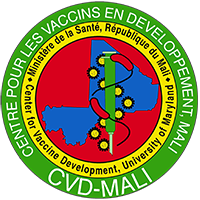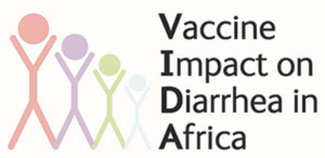A B C D
The Antibiotics for Children with Severe Diarrhoea (ABCD) trial contributed to global attempts to reduce mortality rates in children as a result of acute diarrheal episodes. The study sought to evaluate the long-term benefits and effects of antibiotic administration and to optimize antibiotic treatment of acute diarrhoea episodes in very young children.
The antibiotic azithromycin was delivered in a specific, targeted fashion to young children (< 2 years of age) at high risk of diarrhoea associated mortality in a multi-site randomized, double-blind, placebo-controlled trial. The study evaluated the ability of the intervention to reduce mortality within 180 days of the acute diarrhoeal episode, and improve nutritional status over the first 90 days.
The study was concluded in January 2020 and the results will be published shortly.
Collaborators
International Centre for Diarrheal Disease Research, Bangladesh, Center for Public Health Kinetics, Kenya Medical Research Institute, University of Washington, Malawi-Liverpool-Wellcome Trust Clinical Research Programme, University of Liverpool, CVD-Mali, University of Maryland, Baltimore, College Park, Aga Khan University, Muhimbili University of Health and Allied Sciences, Boston Children’s Hospital




